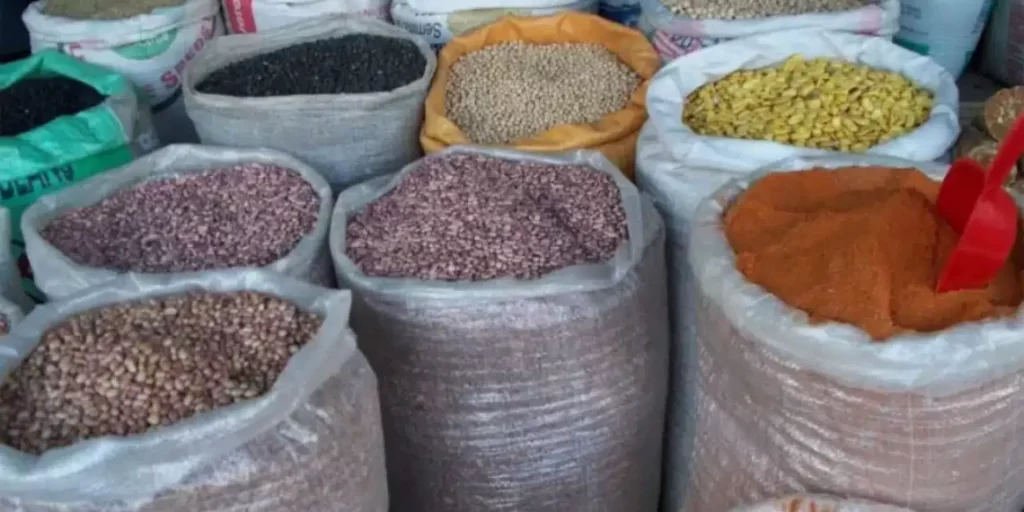Read in
The value of agricultural goods imported into Nigeria in 2023 exceeded exports by N1.037 trillion marking the fifth consecutive year imports exceeded exports.
Data gleaned from the NBS foreign trade report for 2023 revealed that Nigeria imported agricultural goods worth N2.281 trillion in 2023 and exported agroproduce valued at N1.244 trillion in the year under review.
Over the four quarters of the year, agricultural goods import consistently dwarfed exports almost by 100%. In Q1, imports stood at N555.46 billion while exports were at N279.63 billion. A similar trend occurred in Q2 where imports were N567.79 billion while exports stood at N280.87 billion.
In the past five years from 2019 to 2023, Nigeria exported agricultural goods valued at N2.93 trillion while the value of her agricultural goods imports stood at N8.19 trillion during the same period.
Major imports and exports
The major agricultural goods exported in 2023 were superior-quality cocoa beans, sesamum seeds and soya beans valued at N258.45 billion, N253.69 billion and N120.10 billion respectively.
Others include; cashew nuts, shelled cashew nuts, in-shell cashew nuts, other cut flowers, natural cocoa butter etc.
On the other hand, Nigeria’s major agricultural goods imports include; durum wheat, fractions of palm oil, unroasted malt, mackerel, and herring (meat frozen).
What you should know
The consistent trade deficit recorded in agricultural goods casts doubts on the effectiveness of the huge investments in the agricultural sector in the past few years.
The Federal government through the CBN has spent trillions on different forms of agricultural intervention aimed at diversifying the economy away from oil and making agricultural exports a major foreign exchange earner for the country.
However, the result is an ever-widening trade deficit in agricultural produce and a food inflation rate of 35.4% which threatens national security.
Already, major agricultural off-takers like Olam and the World Food Program have halted buying food, especially grains over the high prices.
The Tinubu administration had stated that the country would not resort to food import despite the food security crisis currently bedeviling the country.
Already, it is projected that around 31.5 million Nigerians risk hunger during the “lean” period of June to August.
On the other hand, the World Bank warned that seven states in the North risk severe levels of food insecurity this year with most in areas prone to violence and kidnapping.



